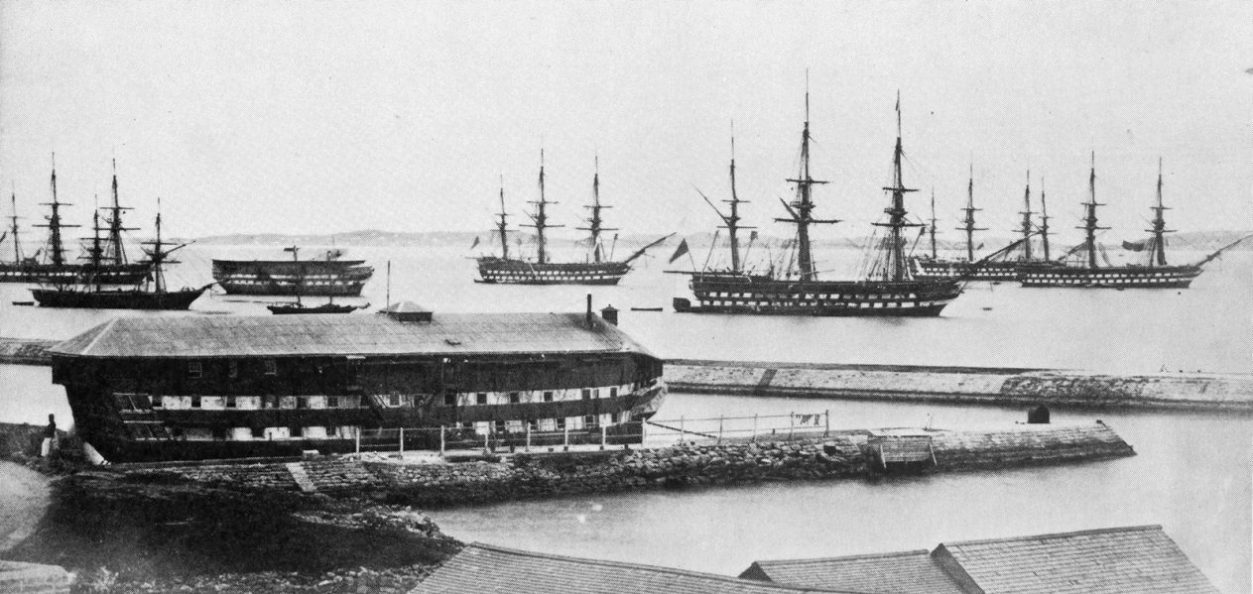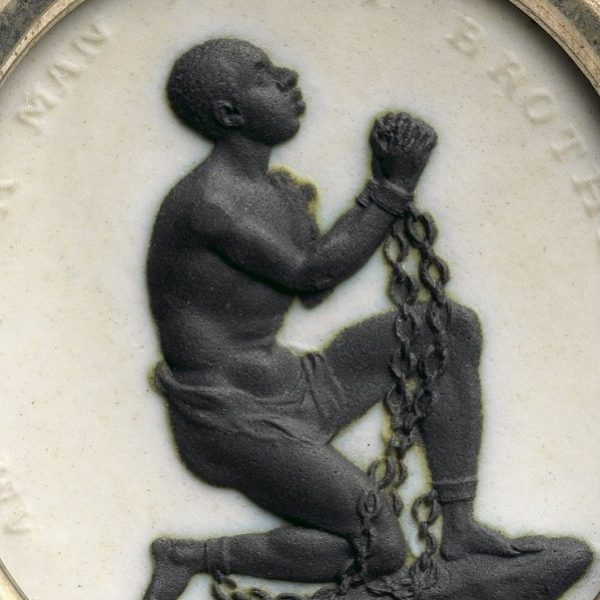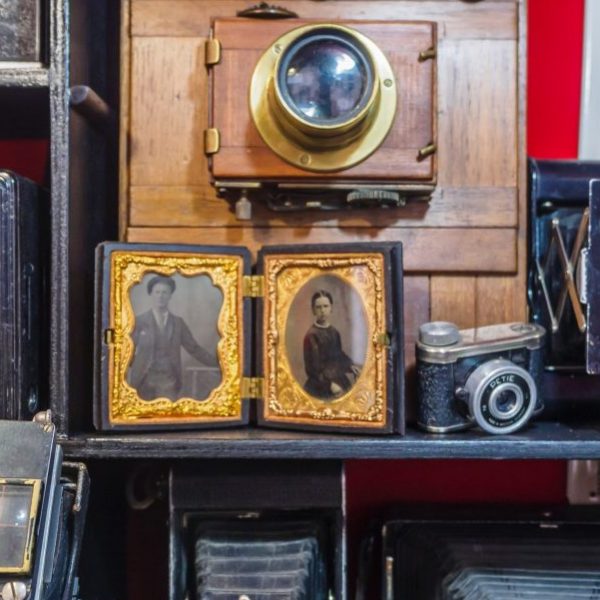From Shackles to Suitcases: Britain’s Transported Men, Women, and Children
Graham Seal—
In the seventeenth century and long after, a lengthy ballad about the transportation of James Revel to Virginia was sold in the streets of Britain and the American colonies. In one version or another, it told the “sorrowful” tale of:
… the Life of James Revel, the unhappy Sufferer Who was put Apprentice by his father to a tinman, near Moorfields, where he got into bad company and before long ran away, and went robbing with a gang of thieves, but his master soon got him back again; yet would not be kept from his old companions, but went thieving with them again, for which he was transported fourteen years. With an account of the way the transports work, and the punishment they receive for committing any fault.
The miseries of transportation appeared in abundance:
Much hardship then indeed I did endure,
No dog was ever nursed so before,
More pity the poor negro slaves bestow’d,
Than my brutal and inhuman master would.
In accordance with the moralizing of the commercial press, the lengthy song concluded with a salutary “Word of Advice to all Young Men” about the perils of youthful folly.
The tale of James Revel, and the many other ballads and street literature on the transportation of people from Britain to many of its colonies, was a reflection of the deep public fascination with crime. Particularly appealing to the masses was punishment involving the exile of hundreds of thousands of men, women, and children to uncertain fates in dangerous parts of the empire. These ballads told tales of ruined apprentices, wayward maids, and bold poachers sent in chains to be flogged, worked till they dropped, and generally abused as cheap labor for colonial development.
So popular was this song of sorrow, and its happy ending, that it was reprinted for decades, until the loss of the American colonies from 1783 forced the British government to find another place of penance for its felons. The recently acquired landmass that would be known as “Australia” became the location for the culmination of the human transportation system, now in the form of a penal colonial enterprise run by the Royal Navy and the British army.
The earlier phase of transportation was a partnership between government and private industry. Now the British established a penal colony to secure their claim to the Australian landmass and develop resource exploration and trading links in the southern hemisphere. Convicts would provide the necessary labor and the natural increase that would build a population to support a domestic economy. The empire would be further enriched through floggings and other brutalizations.
New ballads about the miseries of transportation on “the fatal shore” were churned out by the hacks of the time. Amazingly, one was about the same James Revel transported to Virginia at least a century earlier. The long-lived Revel probably never existed, but his story, real or not, was just as applicable to colonial Australia as it had been to colonial America.
Transportation to Australia continued until 1868, lingering even longer in other imperial outposts. It was succeeded by another system for building and maintaining the empire in the form of child migration. Orphaned and unwanted boys and girls were sent to Australia, Canada, New Zealand, and southern Africa to be trained in useful domestic and agricultural skills needed to maintain colonial economies. Like their convict predecessors, these “seeds of empire” would also propagate new generations to continue the work and expand domestic populations.
The abuses of penal transportation were eventually ended by public outrage and agitation, though the much lower profile child migration programs did not cease until the 1980s. Their consequences have been playing out ever since in the form of inquiries, revelations, compensation payments, and government apologies to those who survived institutionalized brutalization and sexual abuse.
Hundreds of thousands of convicted felons, rebels, innocent bystanders, and unwanted children were among the “unhappy sufferers” sent “across the seas.” Whether they went in chains, or clutching cardboard suitcases, they were all condemned by Britain’s convenient system of human transportation.
Graham Seal is emeritus professor of folklore at Curtin University. He is the author of numerous books of biography and cultural history, including These Few Lines, which won a National Biography Award, and The Savage Shore.
Further Reading:



























